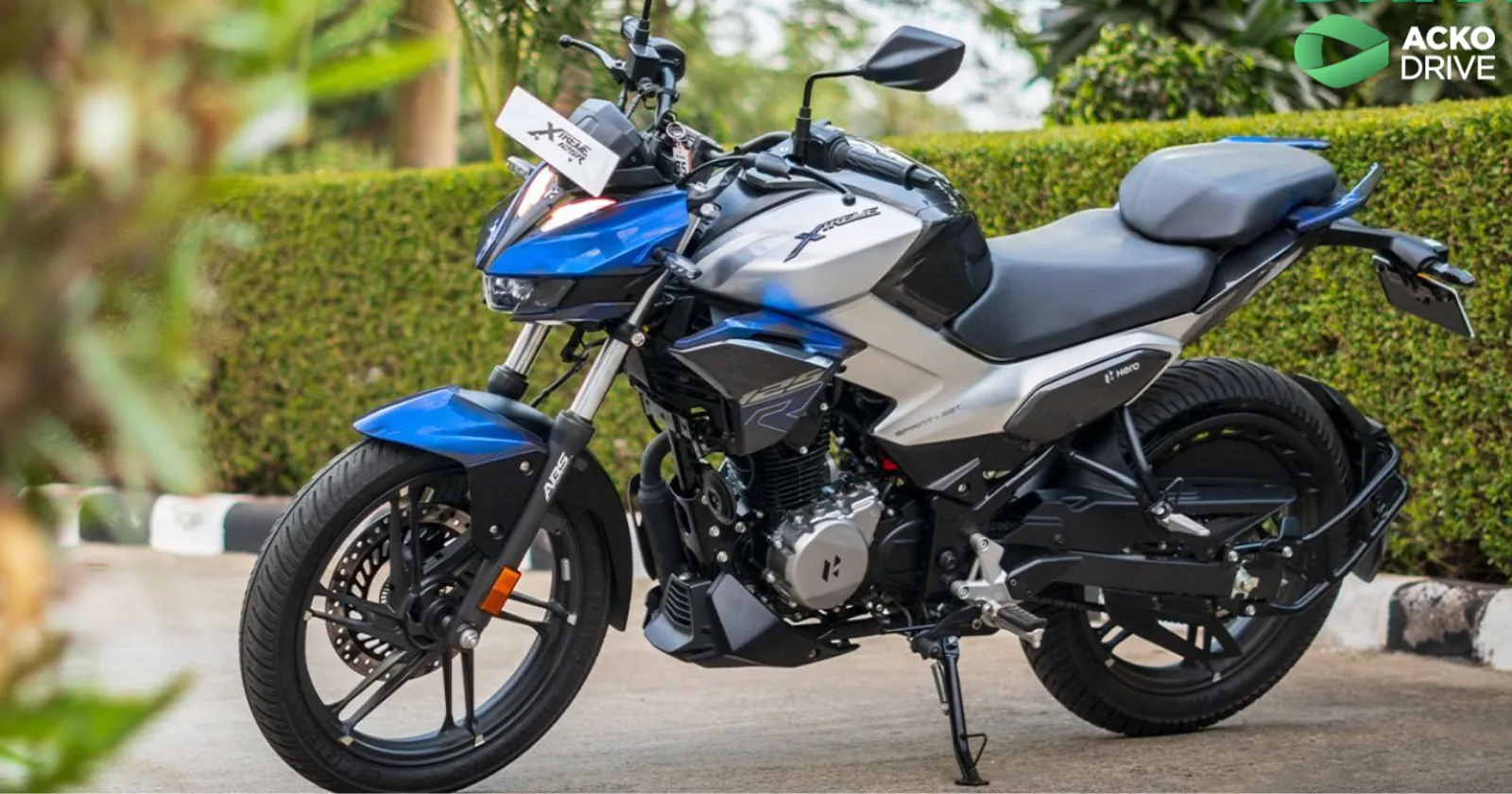
The proposed GST reduction from 28% to 18% is a welcome move and will likely boost consumer sentiment and demand.

Share Post

The proposed GST reduction from 28% to 18% is a welcome move and will likely boost consumer sentiment and demand.
The Centre is considering a major revamp of the Goods and Services Tax (GST) system, proposing to simplify the slabs into just two categories — 5% and 18%. If implemented, this could bring relief to India’s middle-class buyers and the automobile industry, which has long demanded rationalisation of GST rates.
Currently, entry-level two-wheelers (below 350cc) and small cars (engine capacity under 1200cc) attract a steep 28% GST, the same rate charged on premium SUVs, hybrids, and even luxury imports. The new proposal aims to bring these vehicles down to the 18% slab, effectively cutting taxes by 10 percentage points.
On paper, this looks like a win for popular models such as the Maruti Suzuki WagonR, Hyundai Grand i10 Nios, Tata Tiago, and commuter motorcycles from Hero, Bajaj, Honda, and TVS. But the bigger picture reveals some complexities.
Industry leaders, especially Bajaj Auto’s Rajiv Bajaj, have repeatedly argued that high GST rates on two-wheelers are unfair. Bajaj has pointed out that commuter bikes, which are an affordable mode of mobility for millions, face the same 28% tax as a Hyundai Creta. He has also highlighted that ASEAN countries levy just 8–14% tax on motorcycles, making Indian two-wheelers comparatively expensive.
The higher tax burden discourages first-time buyers, especially in rural and semi-urban India, hurting sales of entry-level motorcycles. Automakers believe a rationalised GST will boost affordability and improve market penetration.
Just as the GST cut is being considered, the government has also mandated that all two-wheelers under 125cc must come with Anti-Lock Braking System (ABS). While this move is aimed at improving road safety, it will increase manufacturing costs, pushing up the base price of entry-level bikes.
So, while GST reduction may lower the tax component, the net savings for customers could be offset by the higher upfront cost of mandatory safety features.
The proposed GST reduction from 28% to 18% is a welcome move and will likely boost consumer sentiment and demand. However, for everyday buyers, especially two-wheeler customers, the actual price drop may be marginal once ABS costs are factored in.
Unutilised Funds, Startup Barriers: Is Auto PLI Scheme Due for Reform?
Arun Prakash 28 Feb, 2026, 4:04 AM IST
Maruti Suzuki Inaugurates 200th Nexa Studio Outlet, Bets Big On Rural Market
Sameer Fayaz Contractor 27 Feb, 2026, 3:04 PM IST
Chinese Firm Reveals Detachable Range-Extending Generator for EVs
Acko Drive Team 27 Feb, 2026, 12:12 PM IST
Non-PLI Electric Two-Wheeler OEMs See Growth Plunge from 407% to –33%: Report
Acko Drive Team 27 Feb, 2026, 11:48 AM IST
51 Teams Compete as mBAJA SAEINDIA 2026 Opens in Narsapur
Acko Drive Team 27 Feb, 2026, 10:05 AM IST
Looking for a new car?
We promise the best car deals and earliest delivery!
